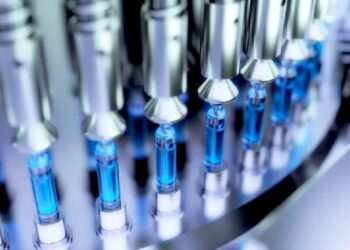US-based Neurocrine Biosciences has entered into an exclusive collaboration and licensing agreement with Japanese firm Mitsubishi Tanabe Pharma to develop and commercialize its VMAT2 inhibitor, NBI-98854, in Japan and other select Asian markets.
Initially, the Japanese firm will develop NBI-98854 in Japan for the chorea associated with Huntington’s disease (HD) and tardive dyskinesia.
Complete commercial rights to NBI-98854 in North America, Europe and other countries outside of Asia will be retained by Neurocrine.
As part of the deal, Neurocrine will receive an initial payment of $30m and is eligible to receive up to $85m in additional milestone payments associated with the development and commercialization of NBI-98854 in Asia.
Following commercialization, Neurocrine will receive royalties on product sales from Mitsubishi Tanabe territories in Asia and will also support the Japanese firms’ clinical efforts in developing NBI-98854.
Neurocrine Biosciences president and chief executive officer Kevin Gorman said: “We have recently initiated the build of our North American commercial infrastructure and the signing of this international partnership meaningfully extends that commercial reach.
“Additionally, the economics of this agreement, given the significant milestones and substantial royalty rate, confirm the value of NBI-98854 in movement disorders.”
Apart from Japan, Mitsubishi Tanabe’s territory also includes China, South Korea, Philippines, Indonesia, Taiwan, Singapore, Malaysia, Thailand and Hong Kong.

















